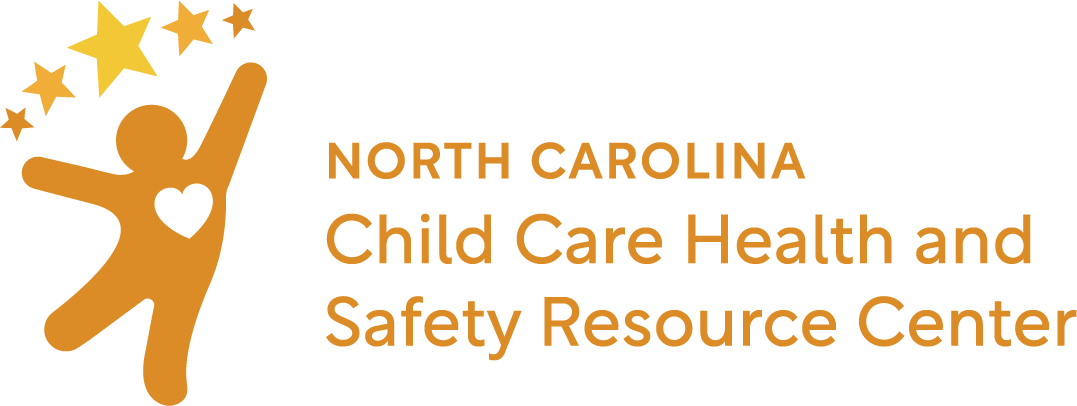National Infant Immunization Week (NIIW) is an annual observance to highlight the importance of protecting infants from vaccine-preventable diseases and to celebrate the achievements of immunization programs and their partners in promoting healthy communities.
Milestones Reached
Several important milestones in controlling vaccine-preventable diseases among infants worldwide worldwide have already been reached:
- Vaccines have drastically reduced infant death and disability caused by preventable diseases in the United States.
- Through immunization, we can now protect infants and children from 14 vaccine-preventable diseases before age two.
- Routine childhood immunization among children born 1994-2018 will prevent an estimated 419 million illnesses, 26.8 million hospitalizations, and 936,000 early deaths over the course of their lifetimes, at a net savings of $406 billion in direct costs and $1.9 trillion in total societal costs.
- The National Immunization Survey has consistently shown that childhood immunization rates for vaccines routinely recommended for children remain at or near record levels.
It’s easy to think of these as diseases of the past. However, the truth is they still exist. Children in the United States can—and do—still get some of these diseases.
One example of the seriousness of vaccine preventable diseases is an increase in measles cases and outbreaks that were reported in 2014. The United States experienced a record number of measles cases, with 667 cases from 27 states reported to CDC’s NCIRD. This was the greatest number of cases in the U.S. since measles was eliminated in 2000.
Learn more about vaccination from the Centers for Disease Control and Prevention (CDC)!

